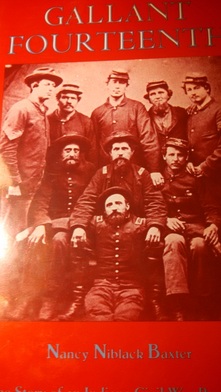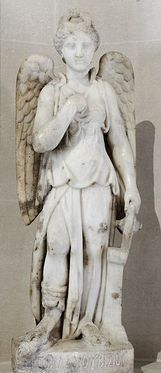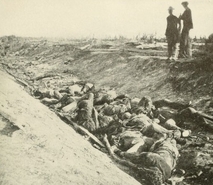 Gallant Fourteenth by Nancy Niblack Baxter
Gallant Fourteenth by Nancy Niblack Baxter Gibraltar
To the early people of the Mediterranean Sea, the Rock of Gibraltar was no ordinary landmark: the rock and its beyond were the end of the world.
The 14th Indiana Infantry Regiment was part of the Gibraltar Brigade, earning the name at Antietam’s Bloody Lane in 1862.
The cover shot for Nancy Niblack Baxter’s Gallant Fourteenth: The Story of an Indiana Civil War Regiment (1991) shows some of the Indiana citizens turned soldiers by secession. These guys didn’t answer President Lincoln’s call for help in April 1861 in order to end slavery: they did it out of duty to save the Union ~ and they sure did their part.
 Nemesis
Nemesis Cheat Mountain 12 September 1861
Lee’s first Civil War battle (skirmish) is called off when 60 soldiers from the 14th disrupt/confuse the 3,000 Confederate infantry Lee had on hand; in the fog, rain and dark, the 60 were mistook for a much larger Union force, and Lee called off the planned assault.
Antietam 17 September 1862
Lee’s string of summer victories are ended in Maryland; the 14th hold their position in front of the Bloody Lane as Lee commits his final reserves. Union reinforcements arrive and the lane is taken: the 14th (and other regiments) earned the name “Gibraltar Brigade” for their efforts on 17 September at Bloody Lane.
Chancellorsville 2 May 1863
Lee’s order to surprise the Union army by dividing his forces works: Confederate forces route the Union’s XI Corp. The 14th is part of the effort to stop the route, which they do. That night, reckoning the new battlefront and in the vicinity of the 14th, Stonewall Jackson is mistakenly mortally wounded by his own soldiers. The loss meant many things: for one, in 60 days there’d be no Jackson at Gettysburg. (The 14th – they were there.)
 Antietam's Bloody Lane
Antietam's Bloody Lane Combat veterans know these two goddesses, although not by their traditional names perhaps, and, like the ancients, know not to worship Nemesis … though, showing some respect for divine balance is always already expected.
A Divine Veterans Day All.
~
Next Up: Thanksgiving Day with John Bunyan and a Pilgrim’s Court.
Posted by Bryan W. Brickner
 RSS Feed
RSS Feed
